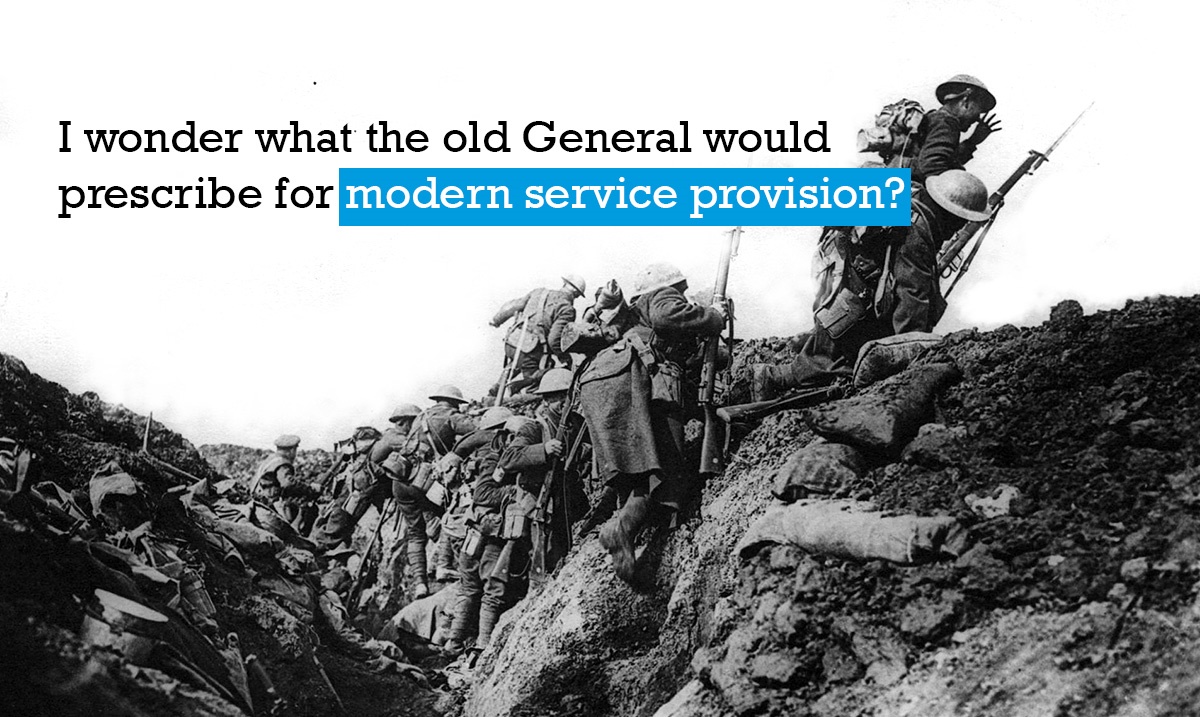19.07.17
Designing services properly
Terry Young, professor of healthcare systems at Brunel University London and a founder of the Cumberland Initiative, argues that we should drop service improvement and just design services properly.
With a new government, the political discussion about how much commitment each party will demonstrate through its NHS spending has reached a lull. So, what questions are worth asking now?
For instance, is the consensus correct that the care we want must always cost more – more than we are currently paying, maybe more than we want to pay, perhaps more than we can ever pay? This question is not primarily a medical question nor even a political one. The people who generally wrestle with questions such as these are engineers and even entrepreneurs.
The mobile phone is an excellent example of something that was designed to fit the pocket (physically and financially), where the vision ran well ahead of our ability to deliver, but where consistent work over decades delivered a minor miracle. Early portable phones were dominated by the battery: who can forget the yuppies of the 1980s with bricks pressed to their ears? But every part of the now ubiquitous gadget was beyond our reach: batteries, computing power, touchscreens, high-resolution graphics, accelerometers and satellite navigation.
It took more than engineering to design such superb functionality into an affordable weight budget, size budget, power budget and, of course, financial budget. It took business-engineering to realise that the product would only pay for itself if people were really buying something else – entertainment! It looks obvious now, but thinking the challenge through from the other side was sublimely imaginative, prescient and very, very clever.
If the seven decades since the founding of the NHS have taught us anything, it is that trying to buy more or better care provision is unaffordable. Not only that, but the system becomes so complex that we run out of capacity to manage it.
Looking at the challenge differently
At the Cumberland Initiative, we are committed to looking from the other side: instead of asking how much it will cost to improve, why not ask what we really want and then design the service to fit with the time we have at a cost we can afford? This is the engineering ideal: to get what we want, when we want, for what we can pay.
Over the past six months, we have encouraged clinical and academic leaders to reflect, in different ways, upon the challenge that faces the NHS and why it is struggling to rise to it this time. Although their blogs were never intended as a systematic analysis, together they provide a surprisingly coherent contribution.
In January, Professor Matthew Cooke, an emergency physician with NHS Improvement, asked why basic operations management fails so often to reach the emergency department ‘The wait’. He observes much willingness to copy successful initiatives, but detects a lack of rigour in working out what made the successes successful. And he notes how a dependence on initiatives has prevented attitudes, behaviour and culture – his ABCs – from becoming permanently embedded in the service.

Dr Steve Allder, a consultant neurologist, goes further in May ‘Built in a day?’, by asking whether the system conceptualises the process of setting up a strategy in an adequate manner. He observes that healthcare does not even recognise that the method of developing strategy is an important question in its own right. Other sectors routinely adopt the formal process of identifying an overall aim, asking what conditions have created the opportunity and what capability the system has and must acquire to respond and deliver the proposed solution. He argues that such basics are critically important to healthcare strategy because the challenge ahead is so much harder than those typically faced in other sectors.
And then in June, Lord Darzi, consultant surgeon and former health minister ‘The model-driven hospital’, draws attention to the way that other sectors have aligned the way they deliver their services with their information systems, so that information is ready where and when it is needed, and where people follow procedures that make the most of the information processing provided.

These medical thinkers are all pointing in the same direction – to a set of management skills and technologies that are either absent or poorly applied in healthcare. In other sectors, these tools and methods are used to specify what is required and to create a service that does what is specified within budget and on time.
As an academic and coming from a very different angle, Prof Davina Allen from Cardiff wrote in May ‘Safeguarding Quality or Papering over the cracks?’ about the rising levels of paperwork and the way in which paper trails are increasingly regarded as the guarantors of quality. Interestingly, she notes that paperwork does change services, it is just that the changes are not always what was planned.

One of my contributions, following a visit to healthcare innovators in Australia, was to read up on a famous Australian innovator in engineering and warfare, General Sir John Monash ‘Over the top?’. His ability to envisage the progress of a battle in advance, plan in detail, and then co-ordinate a range of resources to achieve his ends, was a revelation to British generals and enabled him to reach all his objectives just three minutes after the 90 minutes he had planned for the Battle of Hamel.

So, what picture has emerged from these perspectives? Firstly, they call into question the current approach of trying steadily to improve services. Not only do the services frequently fail to deliver what is required, but the mechanisms for guaranteeing quality are themselves suspect. Meanwhile the rest of the world looks at things the other way around – deciding what it needs and setting out to achieve it. As we noted with the smartphone story, the industrial journey is not necessarily cheap or even fast. But it gets there in the end.
Have you got a story to tell? Would you like to become an NHE columnist? If so, click here.